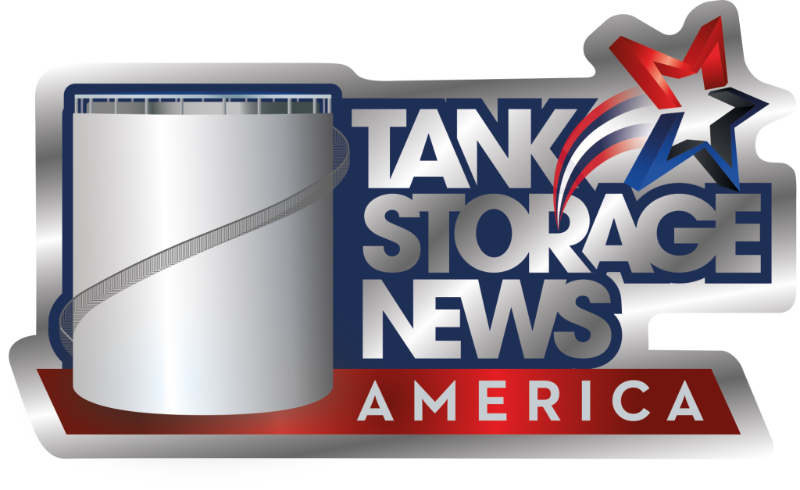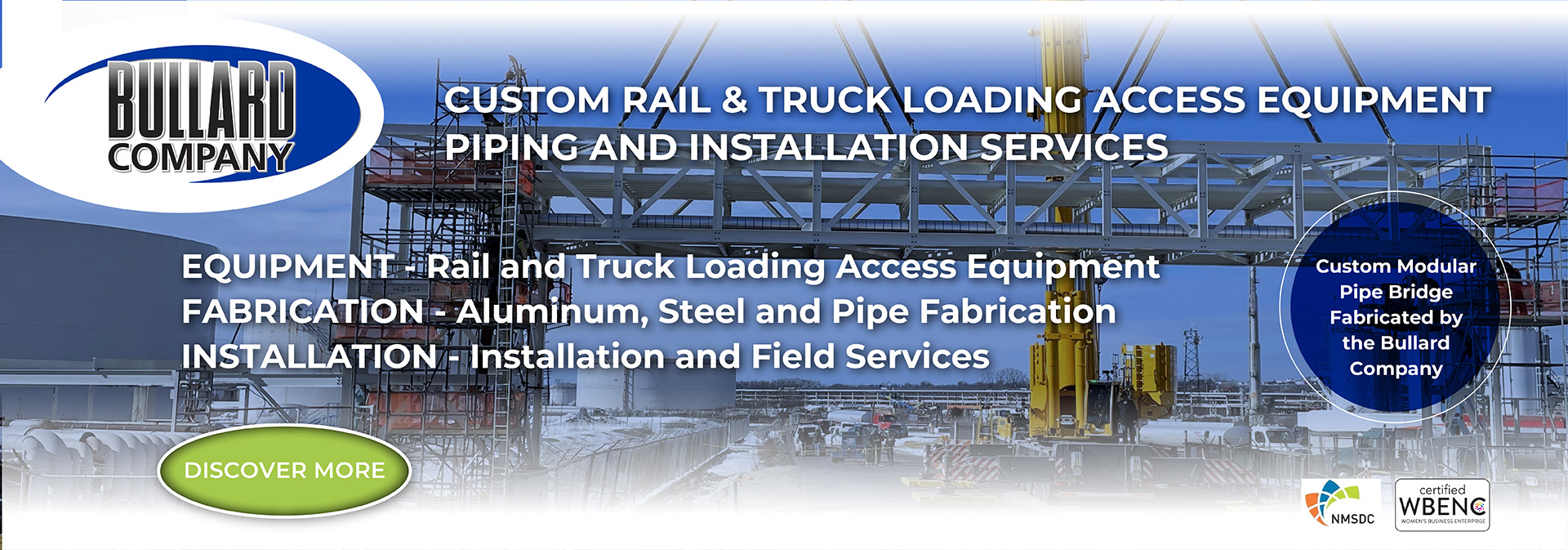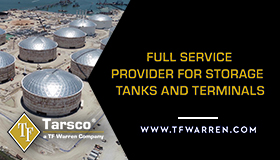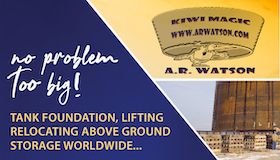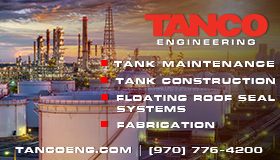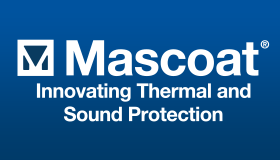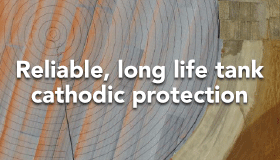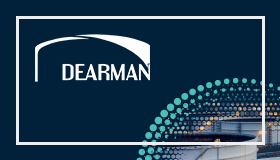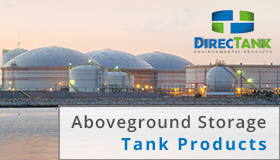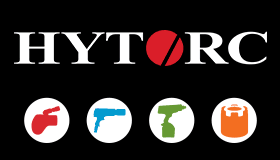The American Petroleum Institute has launched a new certification for pipeline facility inspection that will meet the natural gas and oil industry’s growing demand for inspectors, improve safety and help reduce environmental releases.
The Pipeline Facility Construction Inspection certification offered through API’s Individual Certification Programs (ICP) aims to help the industry develop competent and qualified inspectors for pipeline facility projects, including pump stations, compressor stations and related facilities.
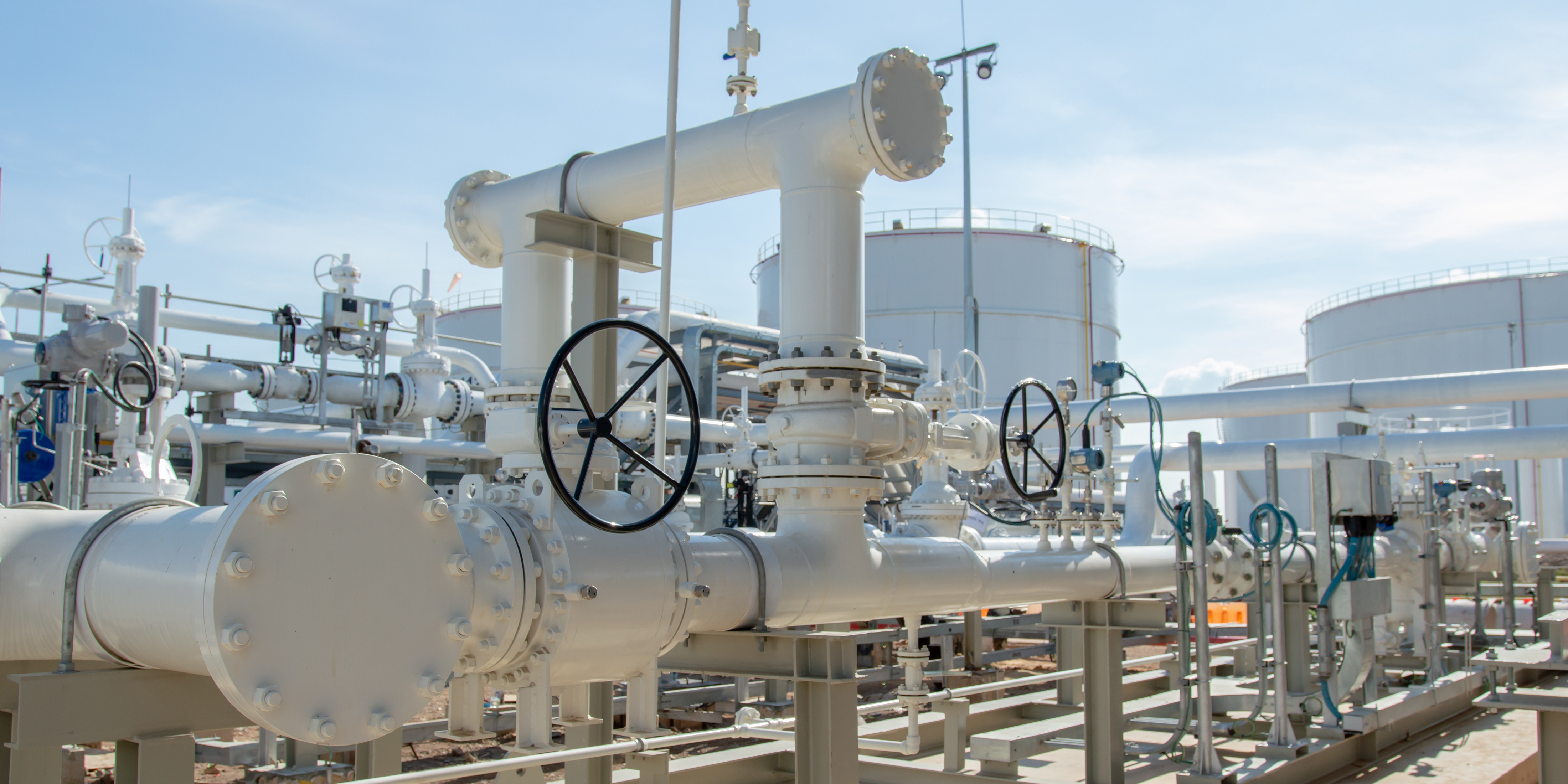
With support from the Canadian Energy Pipeline Association (CEPA) and Interstate Natural Gas Association of America (INGAA) foundations, API’s newest inspection program is based on Recommended Practice 1184, Pipeline Facility Construction Inspection, 1st edition. In developing the program, API tapped the accumulated experience and consensus from member companies in terms of minimum requirements for facility construction inspection competencies.
“The Facility Inspection Certification is a great example of ongoing collaborations between API, the INGAA Foundation and CEPA Foundation that have successfully developed this essential baseline competency to support qualified and competent facility inspectors across our North American industry,” said Rick Tofani, executive director of the CEPA Foundation.
The certification verifies that a facility inspector is knowledgeable on the construction and safety practices that should be utilized during construction and the roles and responsibilities of the inspector during facility construction projects, as well as ensuring that regular inspection processes and maintenance practices are followed.
Construction of pipeline facilities for oil and liquified natural gas (LNG) pumps is expected to expand in the coming years. This growth comes on top of the significant amount of pre-existing infrastructure that will require field-based construction work as part of executing maintenance programs. With the anticipated expansion of exports and pipeline infrastructure, there is an urgent need for qualified technicians in the field.
The Pipeline Facility Construction Inspection certification aims to meet this demand and provide qualified personnel a high-paying career path while making valuable contributions to the safety and quality of industry operations.
“The natural gas and oil industry has invested heavily over the years into the development of sound inspection practices at all stages of pipeline-related activities to ensure safe operations as it powers the energy needs of the US economy,” said Anchal Liddar, senior vice president of API’s Global Industry Services. “The Pipeline Facility Construction Inspection certification is another step in the industry’s commitment to invest in a qualified workforce in the pipeline sector.”
API has already successfully implemented the first certification program for pipeline inspectors, the API 1169 Pipeline Construction Inspector program, which is complementary to the new Pipeline Facility Construction Inspection certification aimed at helping the industry develop a uniform method of identifying and assessing qualifications of field pipeline inspectors.
“INGAA’s members remain committed to inspector certification programs like API 1169 and API 1184 and will continue to employ a well-trained pipeline and facility inspection and construction workforce,” said Amy Andryszak, president & CEO of INGAA.
More than 11,000 inspectors have completed the API 1169 Pipeline Construction Inspector program since its launch in 2014. A similar number of inspectors is expected to complete the new API 1184 Pipeline Facility Construction Inspection certification as part of continuous skill improvement. Dozens of natural gas and oil companies have indicated support for the new certification based on the success of the API 1169 Pipeline Construction Inspector program.
For more information visit www.api.org
